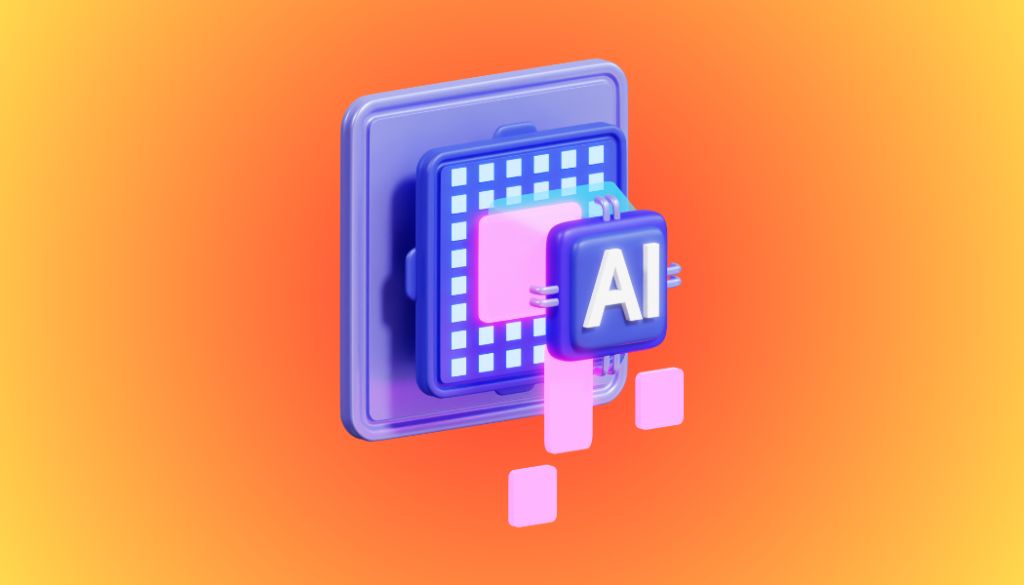
AI-Driven Personalization: The Future of Hyper-Personalized Marketing

In today’s fast-paced digital landscape, where consumer attention is fleeting, brands are constantly searching for innovative ways to connect with their audiences. One of the most transformative trends in marketing is **AI-driven personalization**. By leveraging artificial intelligence, companies can now offer hyper-personalized experiences that resonate deeply with individual consumers, leading to higher engagement and significantly improved conversion rates.
What is AI-Driven Personalization?
AI-driven personalization refers to the use of artificial intelligence and machine learning algorithms to tailor marketing content, offers, and experiences to individual users based on their behavior, preferences, and past interactions. Unlike traditional marketing strategies that focus on broad segments, AI-driven personalization dives deep into the nuances of each consumer, delivering content that feels uniquely crafted for them.
How AI is Revolutionizing Personalization in Marketing
The advent of AI in marketing has brought about several key changes:
1. Real-Time Data Analysis: AI enables brands to analyze vast amounts of data in real time. This means that every interaction a consumer has with a brand—whether it’s clicking on an email, browsing a website, or engaging on social media—can be used to refine and tailor future communications.
2. Predictive Analytics: By leveraging predictive analytics, AI can forecast future consumer behavior based on historical data. This allows marketers to anticipate needs and preferences, delivering personalized content or offers before the consumer even realizes they want it.
3. Dynamic Content Creation: AI can automatically generate personalized content for individual users. For instance, an e-commerce site might display different products to different users based on their browsing history, purchase behavior, or even time of day.
4. Enhanced Customer Segmentation: While traditional segmentation groups customers into broad categories, AI can segment audiences down to a single individual. This hyper-segmentation ensures that every piece of content is highly relevant to the recipient.
Benefits of AI-Driven Personalization
Brands that have embraced AI-driven personalization are seeing remarkable results. Here are some of the key benefits:
– Increased Engagement: Personalized content is more likely to catch the consumer’s eye and encourage interaction. For example, personalized email campaigns often see significantly higher open and click-through rates than generic ones.
– Higher Conversion Rates: When consumers receive content that is tailored to their specific needs and preferences, they are more likely to make a purchase. According to a study by *McKinsey & Company*, personalization can lead to a 15-20% increase in conversion rates.
– Improved Customer Loyalty: Consumers are more likely to remain loyal to brands that understand them and offer personalized experiences. This sense of being valued can lead to long-term customer relationships and increased lifetime value.
Examples of AI-Driven Personalization in Action
1. Amazon: The e-commerce giant uses AI to recommend products based on past purchases, browsing history, and even what other users with similar interests have bought. This level of personalization has been a key driver of Amazon’s success.
2. Netflix: Netflix’s recommendation engine is another excellent example of AI-driven personalization. The platform uses AI to suggest movies and TV shows based on what a user has previously watched, resulting in a highly personalized viewing experience.
3. Spotify: Spotify’s Discover Weekly playlist is generated by AI algorithms that analyze user listening habits. This personalized playlist has become one of the platform’s most popular features, keeping users engaged and coming back for more.
The Future of AI-Driven Personalization
As AI technology continues to evolve, so too will the possibilities for personalization. We can expect to see even more sophisticated algorithms capable of delivering experiences that feel increasingly human and intuitive. For brands, the challenge will be to stay ahead of the curve, leveraging AI to not only meet but exceed consumer expectations.
How to Implement AI-Driven Personalization
For businesses looking to implement AI-driven personalization, it’s important to start with a clear strategy. Here are some steps to consider:
– Invest in the Right Technology: Ensure that your company has access to AI tools and platforms capable of analyzing data and delivering personalized content at scale.
– Collect and Analyze Data: The more data you have on your customers, the better your AI can personalize experiences. Focus on collecting relevant data points, and make sure your team is equipped to analyze and interpret the results.
– Test and Optimize: AI-driven personalization should be an ongoing process. Regularly test different strategies and use AI to optimize your approach based on what works best.
Conclusion
AI-driven personalization is not just a trend—it’s the future of marketing. Brands that embrace this technology will be able to create more meaningful connections with their audiences, leading to increased engagement, higher conversion rates, and stronger customer loyalty. As AI continues to advance, the possibilities for personalization are endless, making it an exciting time for marketers and consumers alike.
For more insights on the latest in marketing technology, visit [MarketingProfs](https://www.marketingprofs.com/) and [HubSpot](https://www.hubspot.com/).
References:
- – [McKinsey & Company](https://www.mckinsey.com/)
- – [Amazon](https://www.amazon.com/)
- – [Netflix](https://www.netflix.com/)
- – [Spotify](https://www.spotify.com/)
By incorporating AI-driven personalization into your marketing strategy, you’re not just keeping up with the competition—you’re staying ahead.
